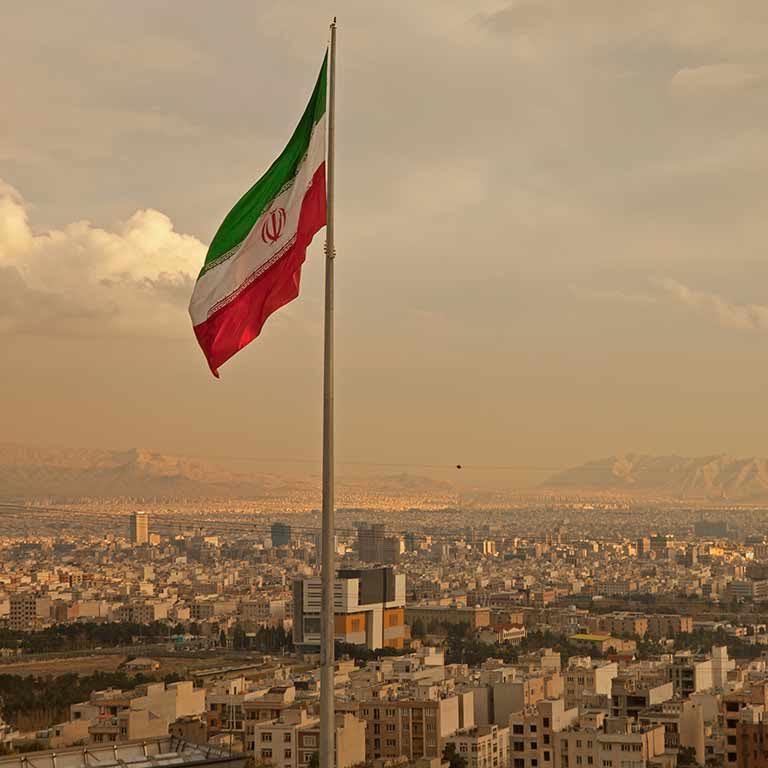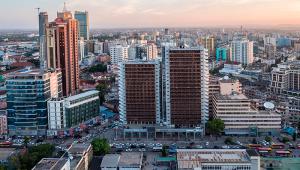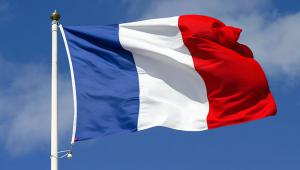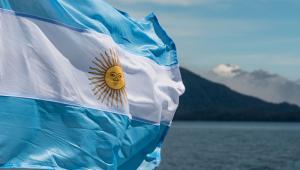The report found the drop in household incomes resulting from the crisis, combined with high inflation, could cause the country’s poverty rate to climb by as much as 19 percentage points, from 12.3% to nearly 40% – with the very poorest households and those in rural areas most affected.
Iran has entered its third consecutive year of recession, after GDP fell by 6.8% between March 2019 and March 2020 (the Iranian calendar year begins on 21 March), and will fall by a projected 3.7% in 2020-21.
The problem is not recent – from 2010-11 to 2019-20, growth averaged -0.1% each year – but the reintroduction of US sanctions in 2018, a fall in demand for oil fell and Covid-19 has all exacerbated the issue.
“Multiple years of recession have severely undermined the welfare of the Iranians and put unprecedented strain on the most vulnerable, which raises the urgency of reforms,” the World Bank said in its report.
“Mitigation measures have partly offset these pressures in the past, but remain insufficient due to lack of accurate targeting mechanisms and fiscal constraints.”
Oil production reached a 30-year low in the first quarter of 2020, and revenues have continued to plummet this year as the global market collapsed, leading to Iran taking just 6% of its budgeted revenues in April-July 2020.
Furthermore, spending has risen in 2020-21 due to wage-bill and pension adjustments, as well as cash transfers to households to counteract the effects of the recession and Covid-19.
The World Bank said a cash transfer programme introduced in 2011 drove poverty down from about 15% by almost four percentage points by 2013.
But such transfers became insufficient to protect the most vulnerable on their own because of high inflation rates, and the government will need to embark on a “package of deeper economic reforms” to solve the crisis
The government’s deficit-to-GDP ratio more than doubled to 3.7% in 2019-20, as oil revenues halved.
This led to the government issuing debt and selling assets on the stock market to meet its financing needs, and it has also dipped into the sovereign wealth fund for some emergency spending.
The World Bank said despite these problems, protecting household income is “paramount”.














